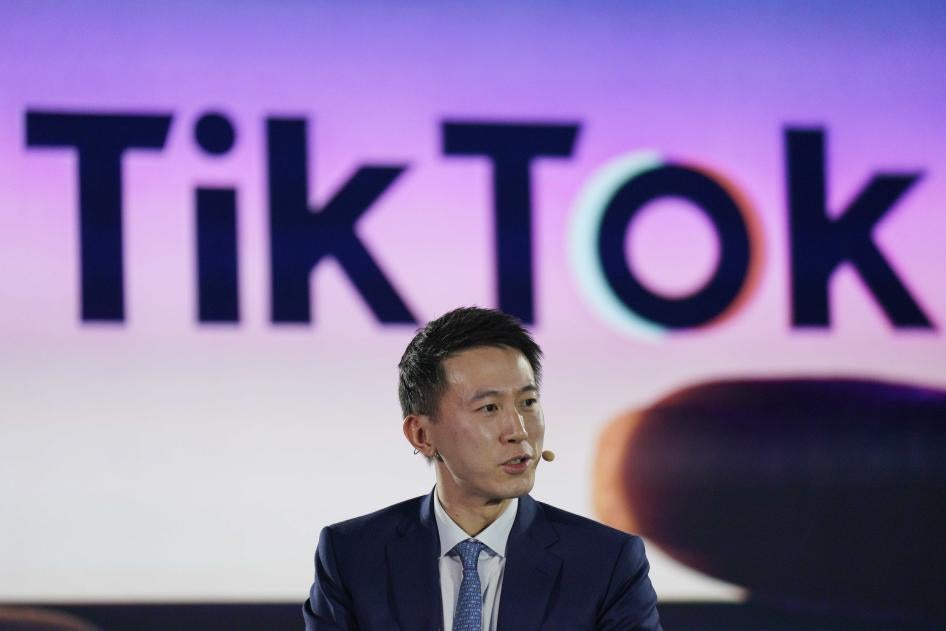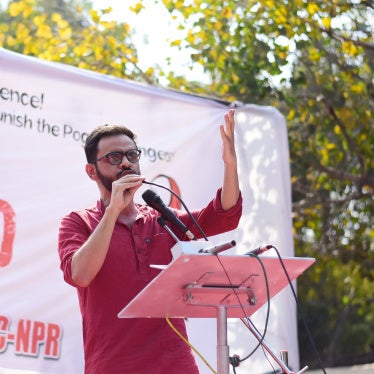Disclosure of censored content and accounts. Publishing directives received from governments. Fines and bans for non-compliance. On August 1, 2023, the Australian Parliament’s Select Committee on Foreign Interference through Social Media proposed these and other measures in a new report to counter the “real, pervasive, and growing threat” of foreign interference through social media.
The report, issued by the Select Committee on Foreign Interference through Social Media, raised particular concerns about WeChat and TikTok, Chinese social media platforms that have a large user base in Australia. Fueling concern about these companies’ lack of transparency, WeChat refused to appear in a public hearing on the basis that it has no employees in Australia. A TikTok representative appeared before the Committee but dodged basic questions such as the location of the company headquarters and how often its employees in China have gained access to Australians’ data.
The impact that social media platforms operating under Chinese government control can have on Australia's democracy was evident when in 2020 WeChat censors removed then Prime Minister Scott Morrison’s official response to a doctored image of an Australian solider the Chinese government had posted on Twitter.
Human Rights Watch has repeatedly raised concerns over Chinese social media companies’ overseas operations, including in Australia.
All Chinese social media companies, private or public, are subject to the control of the Chinese Communist Party. This creates an opportunity and mechanism for state censorship, surveillance, and propaganda that affect not only their users based in China, but also those around the world. Under China's 2017 National Intelligence Law, all citizens and businesses are required to assist in intelligence gathering and must share any data with Beijing if requested.
The Communist Party has a record of compelling domestic and foreign companies to toe the party line and punishing those that fail to do so sufficiently. In 2018, China’s media regulator shut down the joke app Neihan Duanzi, owned by TikTok’s parent company ByteDance, for “vulgar” content. The company’s founder, Zhang Yiming, issued a self-effacing public apology for deviating from “socialist core values” and pledged to ensure that the Communist Party’s “voices are emphatically broadcasted.”
The Party is also responsible for Chinese authorities’ forcibly disappearing and detaining business executives under murky circumstances. In November 2020, Jack Ma, the founder of the technology company Alibaba and one of the best-known names in China, disappeared for three months after he publicly criticised China’s financial regulators.
Arbitrary detention and enforced disappearances put business leaders at grave risk and send a clear message to them and others that the price of opposing – or even appearing to oppose – the Party can be extraordinarily steep.
There have been public calls for an outright ban on TikTok and WeChat in Australia, which the parliamentary Committee rightly did not endorse. In the case of TikTok, banning an app used by millions of Australians to express themselves is an extreme measure that does not meet international human rights standards. And for WeChat, a ban could seriously disrupt the communication between the Chinese diaspora and their China-based family and friends, given the Chinese government’s effective ban of all major international social media and messaging apps inside the country.
If the Australian government carries out the Committee’s recommendations for transparency, it will force social media companies to open to public scrutiny their involvement in Chinese government censorship and surveillance. The best outcome will be public pressure on them leading them to reject the Communist Party’s demands.
Exposing and stemming Chinese government disinformation and interference is only one part of the solution. As the Committee also rightly pointed out, the Australian government should publish educational materials, including risk advisories, to empower citizens to make informed decisions about their own social media use. In addition, the government should support independent professional foreign-language journalism, expanding the sources of uncensored news for Chinese diaspora communities.
If the government vigorously pursues the Committee’s recommendations, Australia could set a new high standard for other countries facing similar issues of interference from the Chinese Communist Party through social media.








